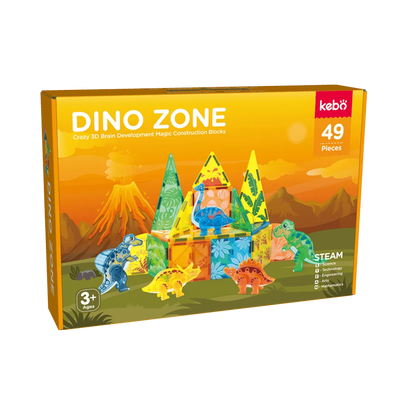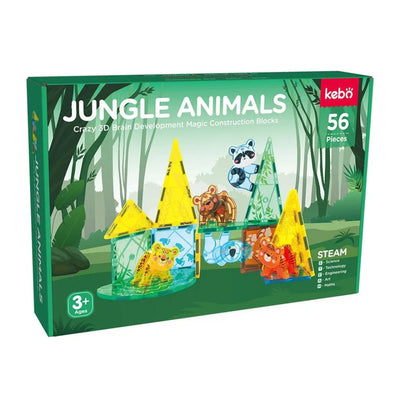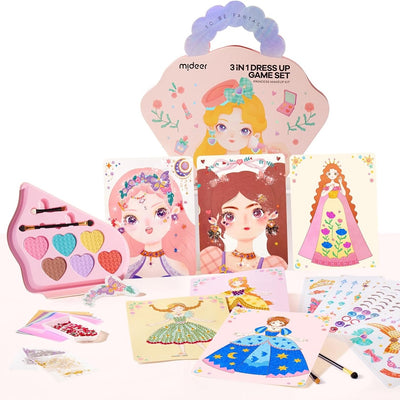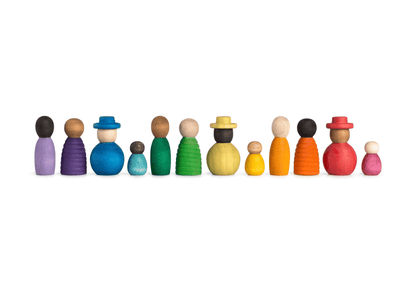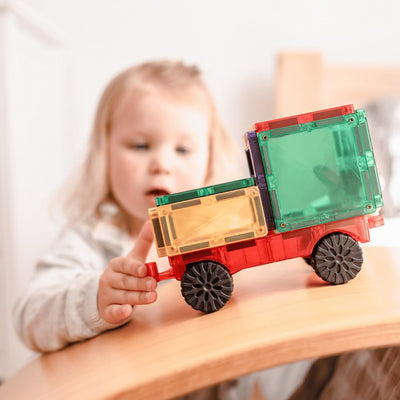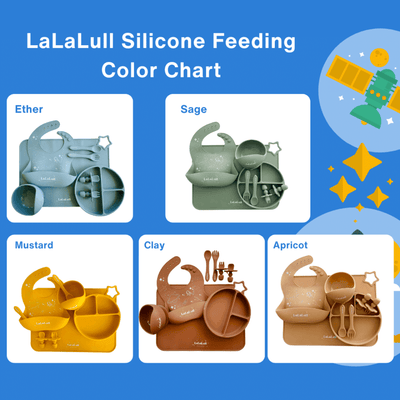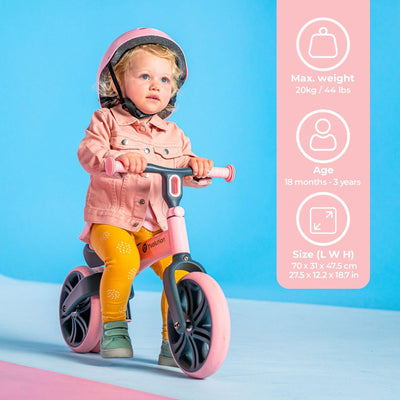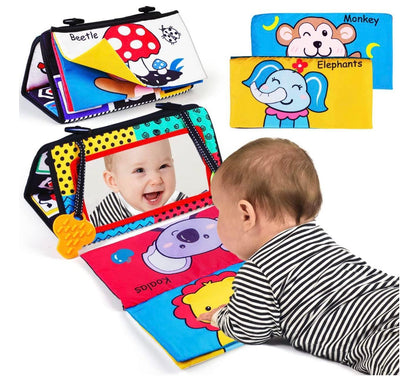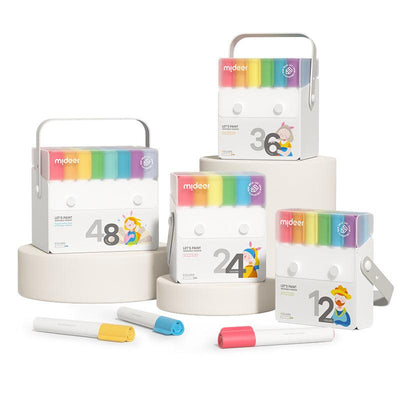Children with special needs often require unique educational tools that cater to their individual developmental stages and abilities. Montessori toys, known for their simplicity, versatility, and focus on self-directed learning, can be particularly beneficial. This blog explores the advantages of Montessori Toys for special needs children and provides recommendations for selecting the best ones.
Understanding Montessori Principles
Montessori education emphasizes hands-on, child-led learning. It encourages exploration, independence, and the development of fine motor skills. These principles can be incredibly beneficial for children with special needs, offering them a supportive and adaptable learning environment.
Benefits of Montessori toys for Special Needs Children
-
Sensory Development: Many Montessori toys are designed to engage the senses. For example, textured blocks, sensory bins, and sound cylinders help children explore different sensory inputs, which is crucial for those with sensory processing disorders.
-
Fine Motor Skills: Activities like threading beads, stacking blocks, or using tweezers to move objects can enhance fine motor skills. These activities are particularly useful for children with developmental delays in motor skills.
-
Cognitive Growth: Montessori Toys encourage problem-solving and critical thinking. Puzzles, sorting games, and patterning toys help children develop cognitive skills at their own pace.
-
Emotional and Social Development: The independence fostered by Montessori Toys allows children to gain confidence. Cooperative play with peers can also enhance social skills.
Recommended Montessori Toys for Special Needs Children
-
Nesting and Stacking Toys: These toys help develop spatial awareness and coordination. Look for sets with different textures and colors to engage multiple senses.
-
Sensory Bins: Fill bins with rice, beans, sand, or water beads. Add spoons, cups, and small toys to encourage exploration and fine motor development.
-
Sound Cylinders: These toys, which make different sounds when shaken, help children with auditory processing issues. Matching sound cylinders can also be a fun and educational game.
-
Threading Beads and Lacing Cards: These activities improve hand-eye coordination and fine motor skills. They also provide a calming, repetitive task that can be soothing for children with autism or ADHD.

-
Sorting and Matching Games: These games develop cognitive skills and can be tailored to a child's specific needs. For example, Sudoku matching games with images of everyday objects can help with language development.

Tips for Choosing Montessori Toys
-
Focus on Individual Needs: Every child is different. Choose toys that address your child's specific developmental goals and interests.
-
Quality Over Quantity: Invest in a few high-quality toys that can be used in various ways rather than a large number of single-purpose toys.
-
Observe and Adapt: Pay attention to how your child interacts with the toys. Adapt the environment and the toys to better suit their needs and interests.
Conclusion
Montessori Toys offer a versatile and supportive way to enhance the learning and development of children with special needs. By focusing on sensory engagement, fine motor skills, cognitive growth, and emotional development, these toys can provide a solid foundation for lifelong learning and independence.
